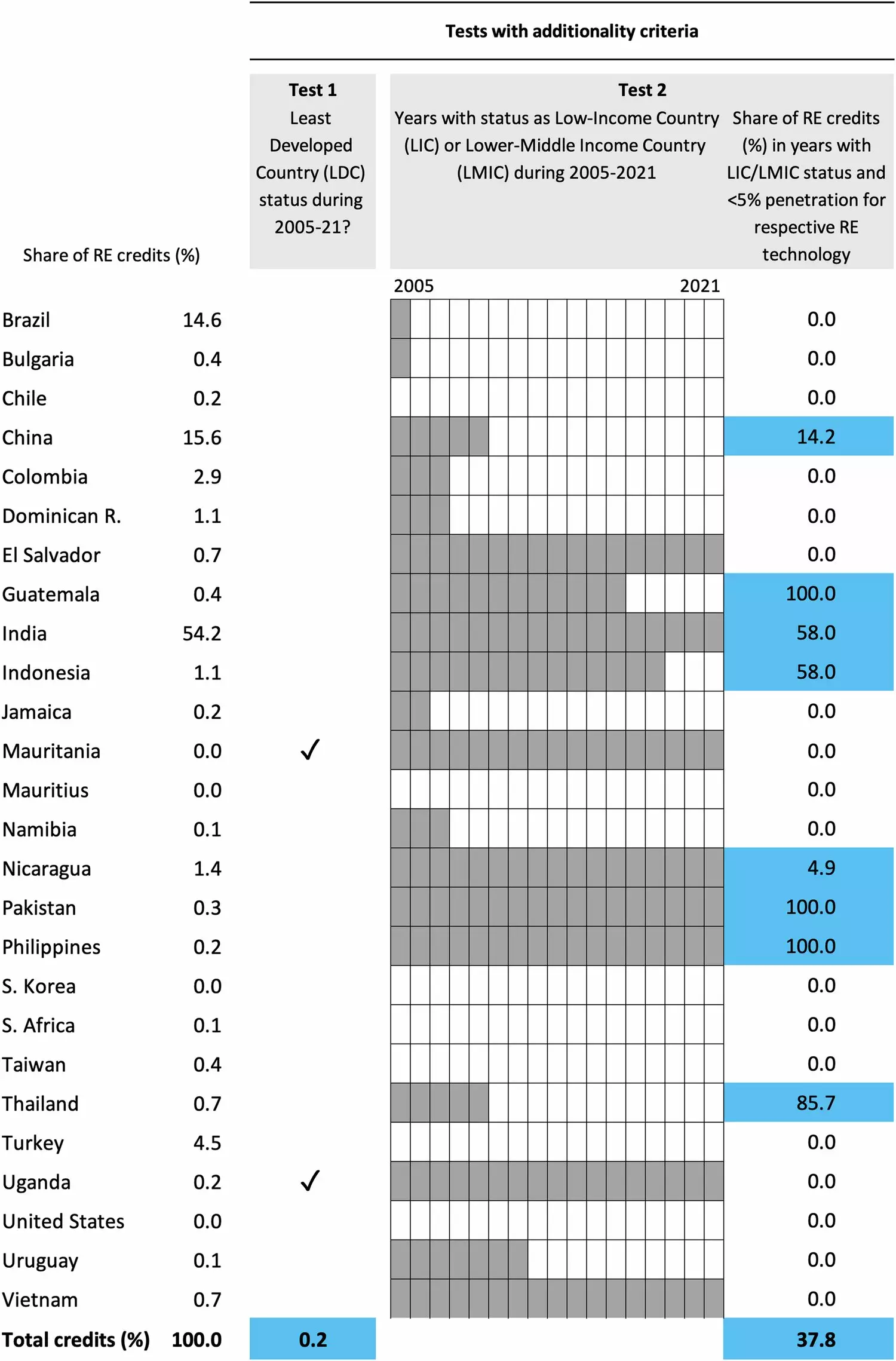In an era where sustainability is increasingly prioritized, many corporations are proclaiming their achievements in reducing carbon emissions or achieving carbon neutrality. However, a recent study conducted by researchers from Kyoto University casts doubt on the credibility of these claims. The investigation highlights that a significant portion of carbon offsets purchased by major players—ranging from oil giants and airlines to automotive manufacturers—is based on low-quality credits from the voluntary carbon market (VCM). This revelation raises questions about the authenticity of reported corporate responsibility initiatives.
The research, published in the journal Nature Communications, critically examined the actions of 20 corporations that have predominantly utilized the VCM to retire carbon offsets in the past four years. The findings are troubling; these companies, which collectively comprise over 20% of all offset retirements globally, are revealed to be relying on outdated and low-cost credits that fail to adhere to established quality benchmarks. Gregory Trencher, the lead author, emphasizes that this reliance undermines the effectiveness of the claimed emissions reductions and ultimately calls into question the integrity of carbon offsetting as a climate solution.
Quality and Supply Issues in the VCM
The analysis focused on data spanning from 2020 to 2023 and investigated the three largest offset registries: Verra’s Verified Carbon Standard, the United Nations’ Clean Development Mechanism, and the Gold Standard. Crucially, the study revealed that none of the corporations could substantiate a significant share of their retired offsets as meeting well-recognized quality standards. Furthermore, the trend of seeking out cheaper offsets—notably from older projects—illustrates a concerning trend toward prioritizing cost-efficiency over genuine environmental impact. This strategy not only reflects poorly on these corporations but also raises broader concerns regarding the operational efficacy of the VCM.
Alarmingly, all but one of the studied corporations had established net-zero climate targets, and many marketed their operations as “climate neutral.” Such claims can deceive consumers, shareholders, and regulatory bodies, suggesting a growing trend of “greenwashing.” This practice misleads the public about the extent to which these companies are addressing climate change and carbon emissions. Trencher stresses that the practices prevalent in the VCM are inadequate replacements for robust governmental regulations, which are essential for driving substantial transformations in energy technologies, supply chains, and corporate business models.
As skepticism around corporate green initiatives mounts, it is essential for stakeholders—including consumers, investors, and policymakers—to demand transparency and accountability. Without stringent evaluation metrics and compliance checks, the current offsetting practices will continue to facilitate misleading claims rather than catalyze genuine change in emissions reduction practices. To combat climate change effectively, it is imperative for corporations to move beyond mere offsetting and pursue innovative strategies that lead to authentic sustainability efforts, aligned with evolving societal expectations and scientific guidance.
The Kyoto University study serves as a crucial reminder: commitment to climate goals should not merely be skin-deep, and only through dedicated efforts can true environmental progress be achieved.


Leave a Reply